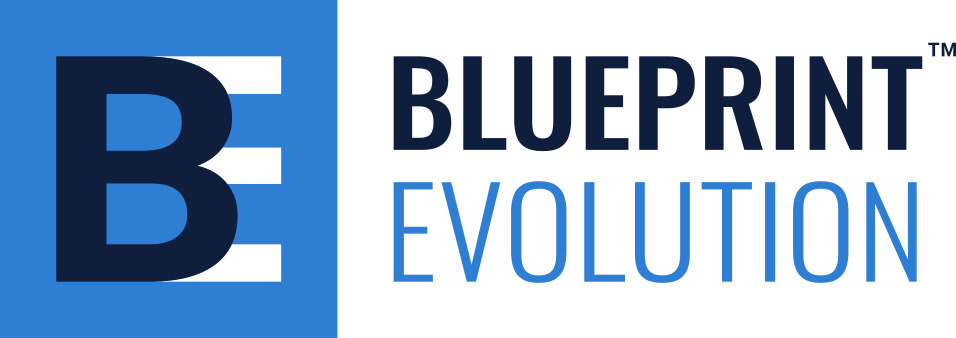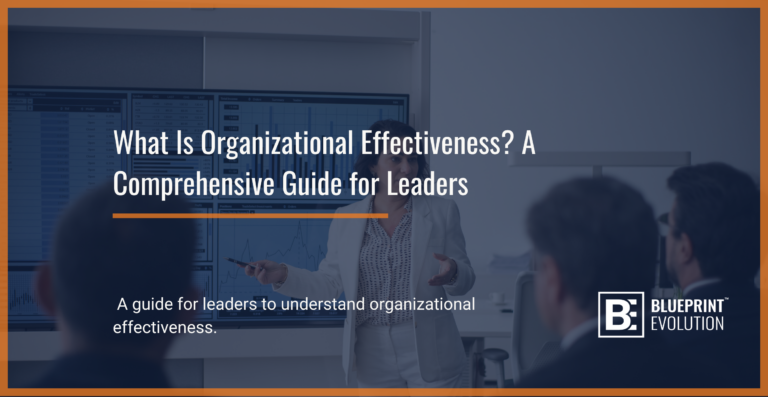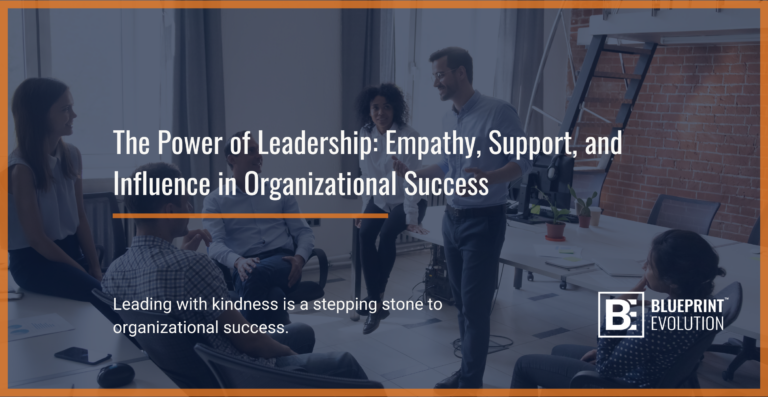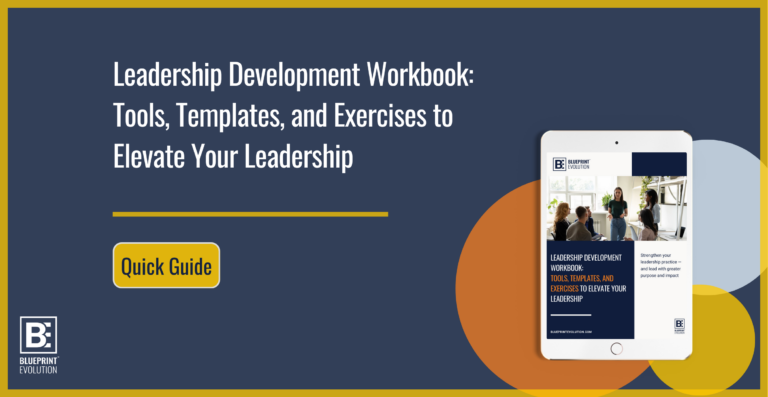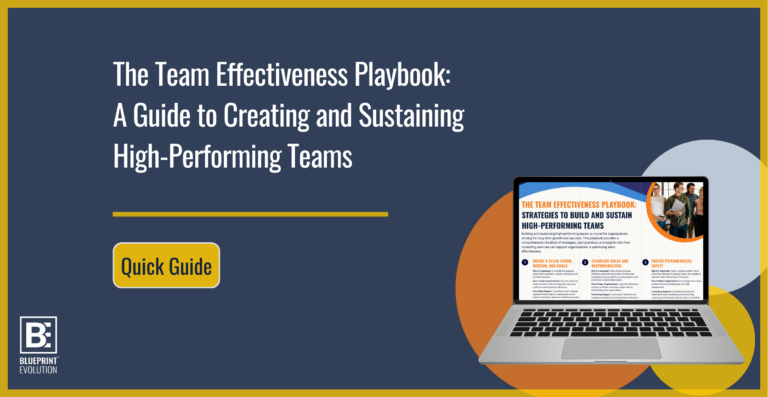Strengthening Teams through Strategic Talent Acquisition
Securing top talent is more than a necessity—it’s a strategic advantage. Our Talent Acquisition and Recruitment Consulting services focus on developing comprehensive strategies to attract, select, and onboard new talent effectively, ensuring your organization stays ahead of the curve. A well-rounded team is the foundation of any successful organization.
According to LinkedIn’s 2021 Global Talent Trends report, companies that emphasize internal mobility retain employees for an average of 5.4 years, compared to 2.9 years at other companies. Our talent acquisition strategies are designed not only to fill immediate gaps but also to create frameworks that support long-term development and adaptability within teams.
Why Talent Acquistion Matters
The work landscape is rapidly evolving, requiring adaptable strategies to attract and integrate skilled professionals. Research shows that companies with strong onboarding processes improve new hire retention by 82% and increase productivity by over 70%.
Our services focus on creating inclusive recruitment and hiring processes that not only fill positions but also enhance your organizational culture and team dynamics.

The Blueprint Difference
- Strategic Recruitment Planning: We help define clear job roles and responsibilities, ensuring that each position aligns with your business objectives and cultural values.
- Inclusive Hiring Frameworks: Our experts craft recruitment processes that promote human-centered practices, bringing a wealth of skill sets and perspectives to your team.
- Effective Onboarding Programs: Smooth integration of new employees is key. Our customized onboarding plans focus on both operational efficiency and cultural fit, promoting early and ongoing engagement.
- Continuous Support and Evaluation: Beyond the initial hire, we provide ongoing support and tools to assess the effectiveness of your recruitment strategies, ensuring they evolve with your business needs.
Contact us today to discover more.
OUR TALENT DEVELOPMENT AND TEAM EFFECTIVENESS SOLUTIONS

Focusing on identifying and nurturing leadership potential within the organization. This involves providing tailored leadership training, mentorship programs, and coaching to develop individuals for leadership roles. Effective leadership development ensures that the organization has qualified leaders who can guide teams towards achieving strategic objectives, fostering a culture of excellence and innovation.
Developing comprehensive strategies to attract, select, and onboard new talent effectively. This includes designing inclusive recruitment and hiring processes, defining clear job roles, and ensuring a smooth integration of new employees into the organizational culture. A robust talent acquisition and recruitment strategy helps attract diverse skill sets and perspectives, strengthening the team’s capabilities and adaptability.
Establishing systematic processes to set clear performance expectations, assess employee performance, provide constructive feedback, and support professional growth. This involves implementing goal-setting frameworks, conducting regular performance reviews, and identifying development opportunities aligned with individual and team objectives. Effective performance management enhances accountability, productivity, and employee satisfaction, contributing to overall team effectiveness.
Creating a culture of continuous learning and fostering active employee engagement in their professional growth. This encompasses offering various learning opportunities, such as training programs, workshops, mentorship initiatives, and coaching to enhance skills and competencies. Providing avenues for employees to contribute ideas, take on challenging assignments, and participate in decision-making processes promotes a sense of ownership and commitment. Employee development and engagement initiatives maximize individual potential, cultivate a high-performance culture, and drive overall team effectiveness.
Identifying and nurturing individuals within the organization who demonstrate potential to fill key leadership positions. Succession planning involves assessing talent, providing targeted development opportunities, and creating career pathways to ensure a pipeline of capable leaders. By proactively preparing for leadership transitions, organizations mitigate risks associated with talent gaps, ensuring continuity and stability in team performance.
- Leadership Development
-
Focusing on identifying and nurturing leadership potential within the organization. This involves providing tailored leadership training, mentorship programs, and coaching to develop individuals for leadership roles. Effective leadership development ensures that the organization has qualified leaders who can guide teams towards achieving strategic objectives, fostering a culture of excellence and innovation.
- Talent Acquisition & Recruitment
-
Developing comprehensive strategies to attract, select, and onboard new talent effectively. This includes designing inclusive recruitment and hiring processes, defining clear job roles, and ensuring a smooth integration of new employees into the organizational culture. A robust talent acquisition and recruitment strategy helps attract diverse skill sets and perspectives, strengthening the team’s capabilities and adaptability.
- Performance Management
-
Establishing systematic processes to set clear performance expectations, assess employee performance, provide constructive feedback, and support professional growth. This involves implementing goal-setting frameworks, conducting regular performance reviews, and identifying development opportunities aligned with individual and team objectives. Effective performance management enhances accountability, productivity, and employee satisfaction, contributing to overall team effectiveness.
- Talent Development & Engagement
-
Creating a culture of continuous learning and fostering active employee engagement in their professional growth. This encompasses offering various learning opportunities, such as training programs, workshops, mentorship initiatives, and coaching to enhance skills and competencies. Providing avenues for employees to contribute ideas, take on challenging assignments, and participate in decision-making processes promotes a sense of ownership and commitment. Employee development and engagement initiatives maximize individual potential, cultivate a high-performance culture, and drive overall team effectiveness.
- Succession Planning
-
Identifying and nurturing individuals within the organization who demonstrate potential to fill key leadership positions. Succession planning involves assessing talent, providing targeted development opportunities, and creating career pathways to ensure a pipeline of capable leaders. By proactively preparing for leadership transitions, organizations mitigate risks associated with talent gaps, ensuring continuity and stability in team performance.
ORGANIZATIONAL MANAGEMENT SOLUTIONS
Recent Blogs
Check out our other content on this topic!
